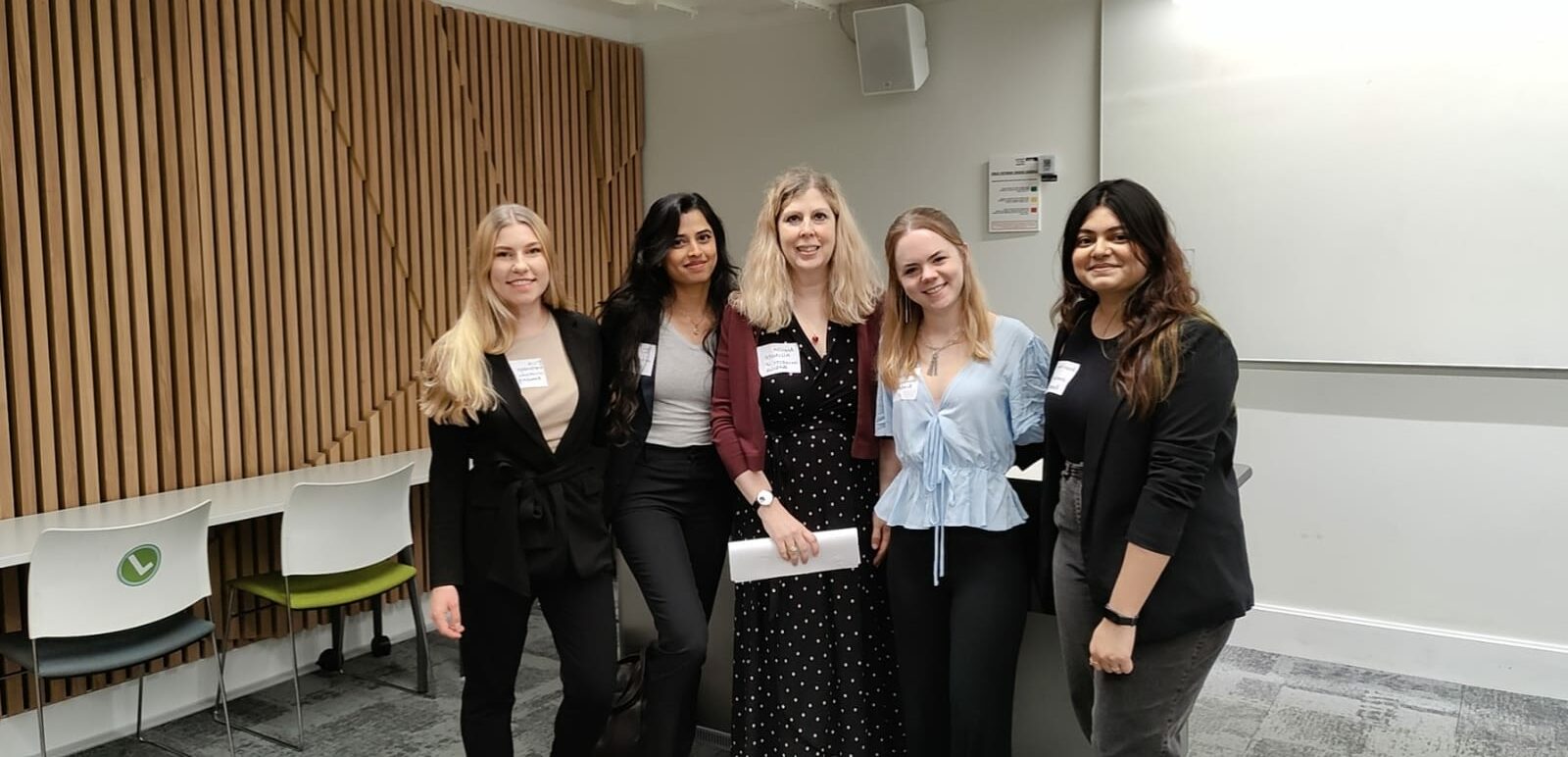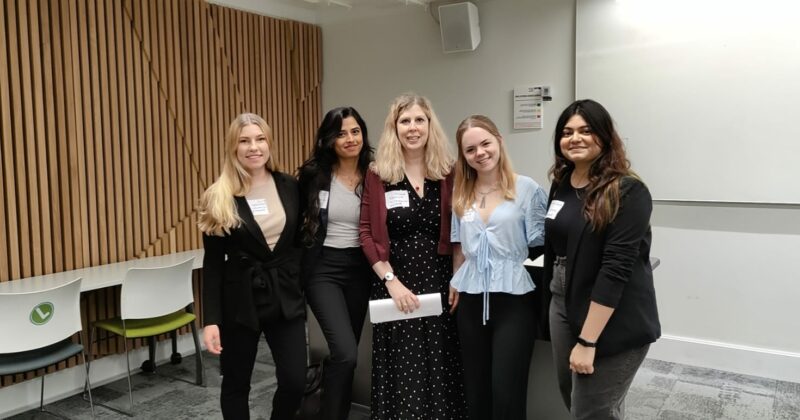Associate Professor Amanda Millmore, School of Law, a.millmore@reading.ac.uk
Update June 2024
This submission is now a published journal article co-authored with student partners. The link is here and the complete reference can be found below: ‘Reframing Success in A Pivoting Partnership – Student Mentors Trying to Engage: A Tale of Trial and Error’.
Objectives
- Curriculum development – reviewing & designing materials and the Blackboard framework for a new elective first year module.
- Peer mentoring – student partners in Part 2 offering support to students on the module, embedded within the module by linking student partners directly with each seminar group and including them in online drop-ins and in-person teaching.
Context
During the Covid-19 pandemic, our students had struggled with their sense of belonging, not feeling part of the School of Law community due to lockdowns, online teaching and restrictions on gathering socially. We were creating a new elective, Part 1 law module called “Law and Society”, and we wanted to work with students to develop the module. We were also conscious that we needed to improve support for our new first-year students to ease their transition into university and their studies by enhancing their sense of belonging. We came up with the idea of supporting the new students by building bridges with the cohort in the year above.
Implementation
Curriculum Design – the student partners worked together with staff to review the materials we had prepared and giving their thoughts on what would be helpful and work for the new Part 1 students.
Peer Mentoring – we embedded student partners as mentors with individual seminar groups. We introduced them online with a dedicated “Mentor” section on Blackboard, hosted a “Q&A” Padlet board for students to interact anonymously if they wished. The module was designed with the mentors embedded into it. Student partners were each paired with one of the teaching academics on the module to provide support. Mentors were timetabled to join online optional drop-in sessions (and the session was headed “Meet the Mentors”) and compulsory seminars to offer support with groupwork and formative activities. Academic staff highlighted the benefits of peer support and promoted the mentors and how they could help, while mentors encouraged formal and informal contact with the students in their designated classes.
When student mentees did not attend the optional drop-in (we had more student partners attending than we did students enrolled on the module) we pivoted to the student partners sharing their advice for new students, which we recorded in a document that we shared on Blackboard.
Impact
Curriculum Design – this aspect of the project was very successful, with student partners feeding into the design of the Blackboard module, reviewing the module materials to ensure that they were engaging and pitched at the appropriate level and on student recommendation we ensured the provision of clickable Talis reading lists.
Peer Mentoring – this aspect fell flat, as the Part 1 students did not want to be mentored. They did not attend sessions where the mentors were offering support, declined offers of help (even when they volunteered to join a WhatsApp group) and the student partners felt that we were flogging a dead horse trying to mentor first-year students who did not want to be mentored. Student partners then pivoted to carry out some research to find out what the barriers to engagement with the project were; beset with difficulties in seeking feedback from the Part 1 students who did not respond to questionnaires, offers of coffee and cake or focus groups, the few who did participate explained that they just did not feel the need for that kind of peer support.
Reflection
Whilst the mentoring aspect of the project did not land successfully with the Part 1 students, it was not due to problems with the partnership or even the design of the project, it was just that the Part 1 cohort did not want the support that we were offering. This may be peculiar to this particular cohort, who had been significantly affected by Covid at school, but it was not for want of trying.
Whilst not one of our explicit aims, the notable success of our partnership is the value to the student partners who worked as module designers, mentors and researchers, these students have had the opportunity to disseminate their experiences at conferences and in writing and can see real benefits to their partnership experiences, and they have developed tangible employability attributes, not least a high degree of resilience.

Amanda Millmore and student partners before presenting at the Change Agents’ Network conference 2022
Follow-up
Student partners co-presented this project at the CAN (Change Agents’ Network) conference at UCL in summer 2022 and we have now co-authored a journal article sharing our experiences.
We have continued with the good curriculum developments in the module, which continues to grow from strength to strength. The mentoring aspect of the project has not continued, but instead we ensure to signpost our students to their STaR mentors and PAL leaders for peer support.
Partnership working in the School of Law continues to be business as usual, and the hiccups on this project have not deterred us from trying new things with our student partners, ensuring that we see the benefits of partnership as part of the process and the positives for the partners.
References and links
We contributed to a blog after the CAN conference: CAN Case Study: A Pivoting Partnership – Student Mentors Trying to Engage: a Tale of Trial & Error | CAN 2022 (ucl.ac.uk)
If you’d like to know more about staff-student partnership in the School of Law, you can reach me at a.millmore@reading.ac.uk
